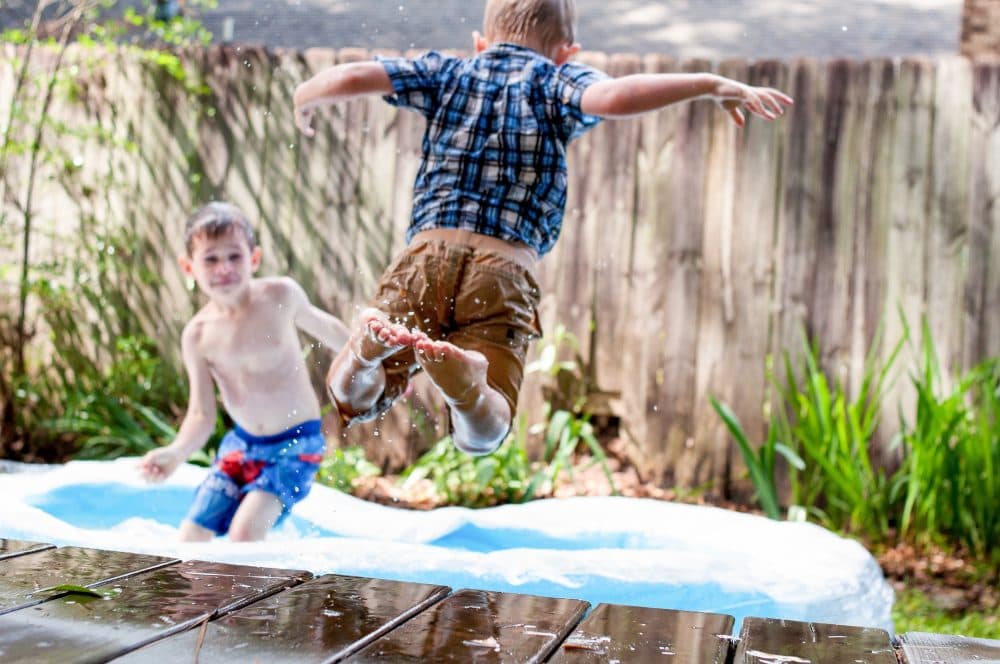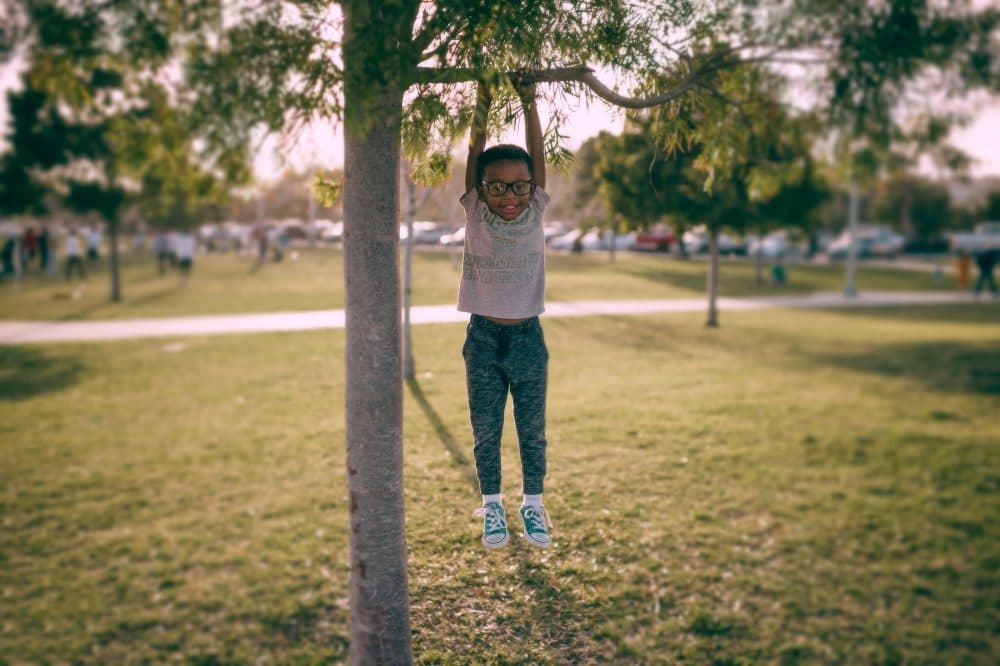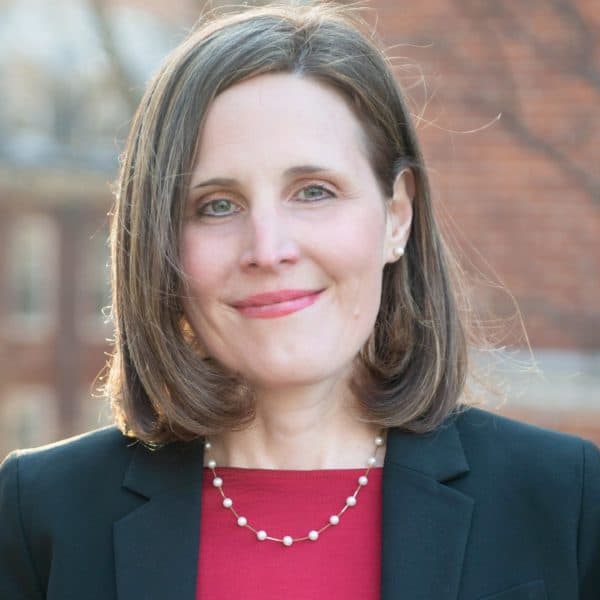Advertisement
Commentary
Summer Slide? There's No Such Thing

One of the prevailing assumptions about learning is the idea of the “summer slide.” This widely-held belief claims that over summer break, kids forget what they've learned during the school year. Evidence of this alleged seasonal learning loss abounds.
A survey by the National Summer Learning Association found that teachers spend a significant amount of time re-teaching content in fall due to summer learning loss. This loss is reported to be worse for disadvantaged children.
A Johns Hopkins University study of the Baltimore Public Schools found that low-income children lost more than two months of “reading achievement” over summer vacation.
The "summer slide” has been cited as a top reason for making summer programs, particularly for underprivileged youth, more academically rigorous. In other words, summer schooling trumps summer playing — especially if you’re poor. A free and unstructured summer, then, is seen as a playful luxury: fun, but not educational, and potentially even harmful.
What if we challenged this notion? What if the children who allegedly experience "summer slide" never really learned at all? They may have been successfully schooled: that is, trained and tested on specific skills and competencies before summer began. But they likely never learned. There can be no "summer slide," no loss of learning, when learning is authentic and self-directed.
When children learn, however, their knowledge cannot be forgotten; a “summer slide” is not possible with real learning.
In his 1964 bestselling book, "How Children Fail," Boston-based educator John Holt, writes:
"No matter what tests show, very little of what is taught in school is learned, very little of what is learned is remembered, and very little of what is remembered is used. The things we learn, remember, and use are the things we seek out or meet in the daily, serious, nonschool parts of our lives."
Holt was an advocate for Self-Directed Education (SDE) and coined the term "unschooling" to distinguish natural learning from conventional schooling and school-at-home home-schooling.
Today, the SDE movement is gaining much momentum, as both parents and educators grow weary of standardized, test-driven, curriculum-heavy schooling that may not lead to true learning.
Here in Massachusetts, several organizations dedicated to self-directed learning provide a space for young people to pursue their own passions and learn naturally, without coercion, those topics that are most meaningful to them. Parts and Crafts in Somerville, Bay State Learning Center in Dedham, North Star in Sunderland, and the Macomber Center in Framingham are four Massachusetts SDE centers that offer young people, who are registered home-schoolers in their district, freedom and autonomy.
These self-directed education organizations, along with the growing number of unschoolers who are charting their own educational paths free from school, demonstrate the stunning difference between schooling and learning. When they are schooled, children (with varying degrees of success) may learn how to listen, memorize and regurgitate to the satisfaction of the teacher or the test. When children learn, however, their knowledge cannot be forgotten; a “summer slide” is not possible with real learning.
Thomas Edison, who was home-schooled by his mother after his teacher called him "addled," or unable to think clearly, when he was 8-years-old, once said: “The trouble with our way of educating is that it does not give elasticity to the mind. It casts the brain into a mold ... It does not encourage original thought or reasoning, and it lays more stress on memory than observation.”
Edison was largely unschooled, with his mother providing the freedom, opportunity, and access to books and other resources that enabled him to learn on his own and pursue his creative passions.
Despite the best efforts of good teachers to inject creativity and a love of learning into their classrooms, the rigidity inherent in the structure of increasingly restrictive, test-driven schooling makes this nearly impossible. It’s hard to love something that you are forced to do. It’s hard to take ownership of something when someone else owns it. This sadly applies to students and teachers alike, as both are similarly stripped of their own agency.

In his 2013 study of unschoolers, Boston College psychology professor Peter Gray and his colleague Gina Riley found that the "benefits of unschooling were numerous" and included "improved learning, better attitudes about learning, and improved psychological and social well-being for the children."
In Gray's book, "Free To Learn," he writes about the difference between conventional schooling and self-directed learning:
“Children are pawns in a competitive game in which the adults around them are trying to squeeze the highest possible scores out of them on standardized tests ... Thus, the drills that enhance short-term memory of information they will be tested on are considered legitimate education, even though such drills produce no increase at all in understanding.”
Summer learning loss is the symptom of a schooling model that equates testing with learning. The children who purportedly experience “summer slide” are the messengers. We should listen to them. They tell us, loudly and clearly, that our industrial framework of test-driven mass schooling doesn’t create learners. It creates mimics.
Those who do well in the system are those who have learned to be good at memorizing and repeating, behaviors that Thomas Edison and many others do not master. The answer is not more schooling. The answer is less schooling and more learning. The answer is to transform an archaic system of factory schooling and instead embrace the ideals of authentic, self-directed education for all young people.
Real learning is deep and enduring. It happens all the time, all year round, including summer. Perhaps especially in summer.
